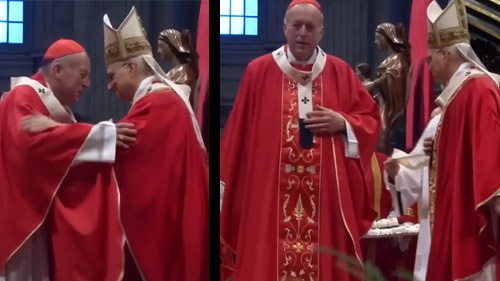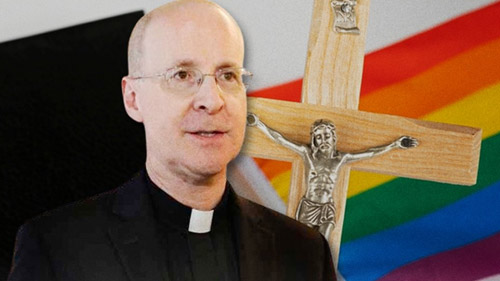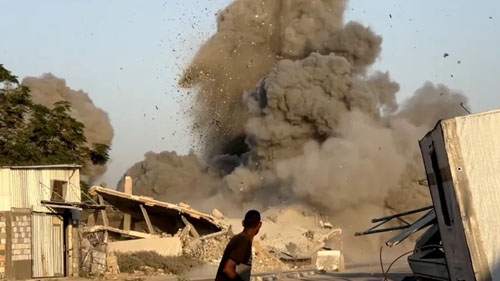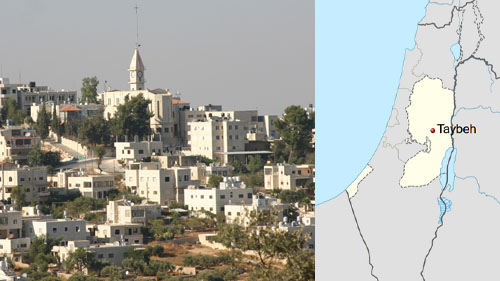| Recent Featured Videos and Articles | Eastern “Orthodoxy” Refuted | How To Avoid Sin | The Antichrist Identified! | What Fake Christians Get Wrong About Ephesians | Why So Many Can't Believe | “Magicians” Prove A Spiritual World Exists | Amazing Evidence For God | News Links |
| Vatican II “Catholic” Church Exposed | Steps To Convert | Outside The Church There Is No Salvation | E-Exchanges | The Holy Rosary | Padre Pio | Traditional Catholic Issues And Groups | Help Save Souls: Donate |  |









 " />
" /> " />
" /> " />
" /> " />
" /> " />
" />




Writing The Snowden Files: 'The paragraph began to self-delete'
Luke Harding theguardian.com One day last summer – a short while after Edward Snowden revealed himself as the source behind the momentous leak of classified intelligence – the Guardian editor Alan Rusbridger got in touch. Would I write a book on Snowden's story and that of the journalists working with him? The answer, of course, was yes. At this point Snowden was still in Hong Kong. He was in hiding. He had leaked documents that revealed the US National Security Agency (NSA) and its British equivalent GCHQ were surveilling much of the planet. Our conversation took place not in Alan's office but in an anonymous sideroom at the Guardian's King's Cross HQ. Was Rusbridger's office bugged? Nobody knew. But given the Guardian's ongoing publication of sensitive stories based on Snowden's files this seemed a reasonable assumption. Britain's spy agencies were good at what they did. Thus the project to chronicle Snowden's story began in an atmosphere of furtiveness. And perhaps mild paranoia. I was part of a small team that examined Snowden's documents in a secure fourth-floor room overlooking Regent's Canal. Security was tight. Only a few trusted reporters were allowed in. Guards were posted outside. None of the laptops were connected to the internet or any other network. Cleaners were banned. Soon the room grew unkempt. Discarded sandwich packets and dirty coffee cups piled up. Downing Street's response to Snowden's leak was initially slow – then strident. David Cameron sent his cabinet secretary Jeremy Heywood to visit the Guardian. Heywood demanded the return of Snowden's files. And, in passing, suggested the newspaper was now itself under secret observation. "I wonder where our guys are?" he said, gesturing vaguely to the flats opposite. These interactions culminated with the Guardian, under threat of government injunction, smashing up its laptops in an underground carpark as two boffins from GCHQ watched. It was beyond the plot of any thriller. There were curious moments in New York, too, from where many Snowden stories were reported. Within hours of publication of the first one – which revealed that the NSA was mass-scooping data from the US telecoms company Verizon – diggers arrived outside the Guardian's loft office in Broadway. It was a Wednesday evening. They dug up the pavement and replaced it. The same thing happened outside the Guardian's Washington bureau, four blocks from the White House, and the Brooklyn home of US editor-in-chief Janine Gibson. Coincidence? Perhaps... By September the book was going well – 30,000 words done. A Christmas deadline loomed. I was writing a chapter on the NSA's close, and largely hidden, relationship with Silicon Valley. I wrote that Snowden's revelations had damaged US tech companies and their bottom line. Something odd happened. The paragraph I had just written began to self-delete. The cursor moved rapidly from the left, gobbling text. I watched my words vanish. When I tried to close my OpenOffice file the keyboard began flashing and bleeping. Over the next few weeks these incidents of remote deletion happened several times. There was no fixed pattern but it tended to occur when I wrote disparagingly of the NSA.
Sign up for our free e-mail list to see future vaticancatholic.com videos and articles.
Recent Content
^